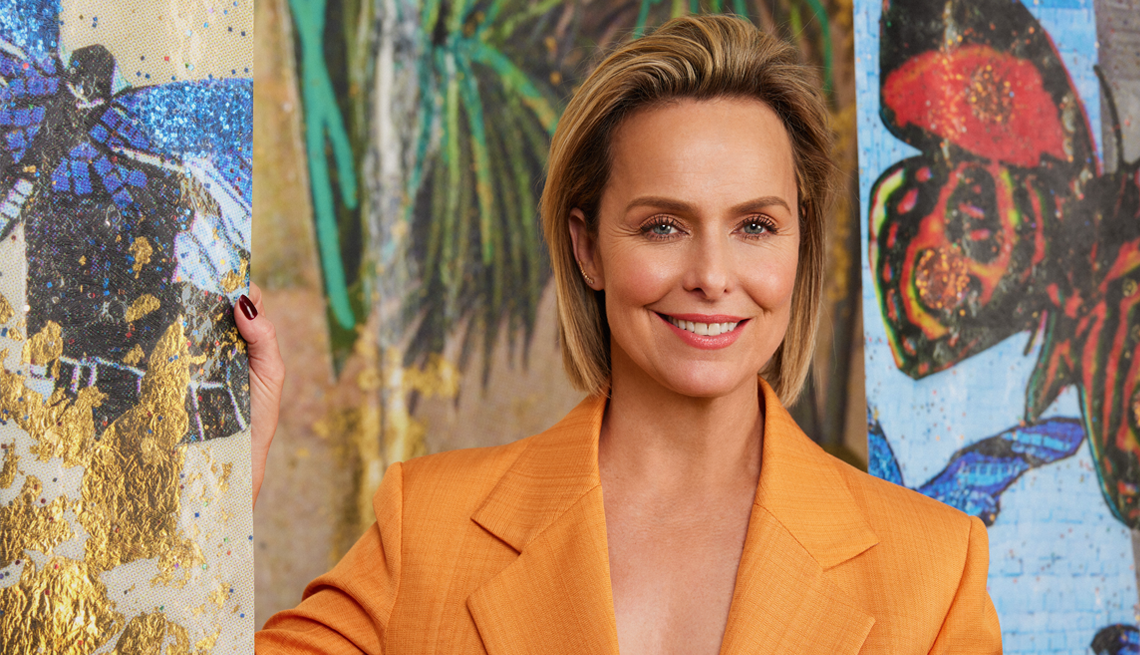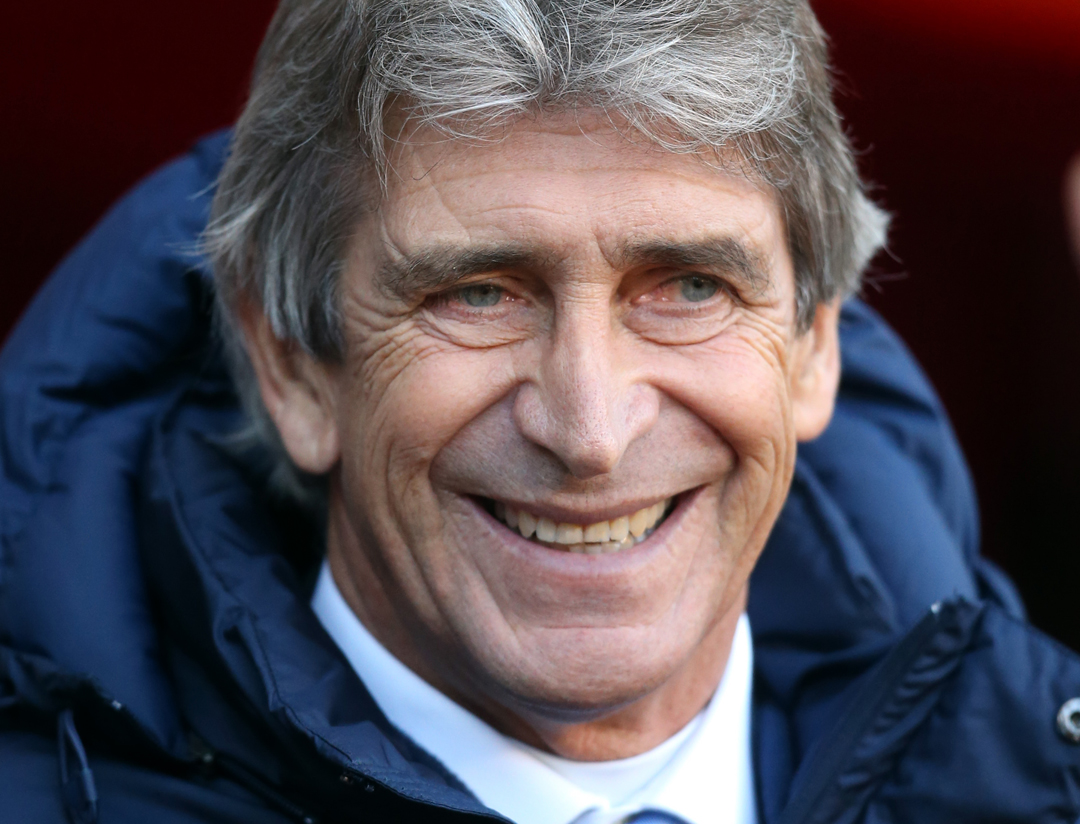
- Select a language for the TTS:
- UK English Female
- UK English Male
- US English Female
- US English Male
- Australian Female
- Australian Male
- Language selected: (auto detect) - EN
Play all audios:
Does Boris Johnson run the country? Probably not. Ask the right wing of the Conservative party and they’ll say Britain is controlled by the evil scientists of Sage and that their
once-sainted leader is in thrall to every whim of Professor Chris Whitty and his scaremongering graphs. Ask the Opposition or most _ Guardian _ writers and they’ll reply that in fact it’s
the opinion of the _ Telegraph _ leader page and the hard-right of his Cabinet that he cares about most. What matters is that they both agree that the man at the top is not giving a
direction to the strategy of his government. This winter, every new day brings forth a new scandal, a fresh headline urging the Prime Minister’s downfall, a doom-laden message from the
scientists, or a threat from his Cabinet, and at every one Boris Johnson gives the same response: All under control, we’ll tell you all about it later. Ask Dominic Cummings, or David Frost,
or Allegra Stratton, or Matt Hancock. If they were still around. All this would be academic if the stakes were not so high. Johnson, along with other senior ministers such as Michael Gove,
has decided that more measures are needed to prevent the disastrous lockdown situation of a year ago. The Omicron variant is more transmissible if apparently less virulent than its
predecessors. December and January are the worst times of the year for respiratory infections, which is why pressure on the NHS is at its strongest over this period. Just like last year,
Johnson is politically, even emotionally torn between an instinctive, if obstinate, libertarianism and a manifold fear of disaster. What he hopes for is a situation where he can proclaim the
virus a manageable threat, something the nation will have to learn to live with. In saying this he would, if nothing else, be showing some kind of leadership. What he is forced to do, not
by his Cabinet, but by popular consensus, is manage the threat and enforce caution. As has been mentioned endlessly over the last two years, caution is not a mainstay of Boris Johnson’s
political vocabulary. That is why the whisperings of his Cabinet are more than the normal disquiet. Rishi Sunak does not want a lockdown, or whatever such a scenario is now called, until
he has assessed the economic damage it would cause. This is puzzling. Any swift look at the British economy would show that locking down has an instant, dramatic effect on the economy, only
reversed by opening up. Delay only worsens the crisis. Even a fortnightly shutdown, as proposed by senior ministers, would require huge sums of government funding to cope with the effect on
the festive market. Sunak already has a dire situation to deal with; any return to the restrictions of nine months ago could easily be the downfall of those small businesses for whom the
government’s generous schemes were designed to keep afloat. The Treasury can only keep throwing money out for so long. The Foreign Secretary, Liz Truss, has the least to lose and the most to
gain from a new lockdown. While the knell of restrictions tolls at home, the image of Truss riding tanks in Estonia and taking on the Brexit trade negotiations is enough to warm frozen Tory
hearts in need of the boosterism their leader has temporarily forgotten. Inside Cabinet, it is unlikely that Truss has much influence besides the political; her status as the torch-bearer
of neo-Thatcherism chimes with an anti-lockdown stance the Iron Lady might have espoused. In the event of further restrictions, however, her star will only rise. And at a time when his own
star has fallen further than ever, Johnson will be in no mood to help his colleague. When political manoeuvres should be irrelevant, we all know that they still matter far too much to this
populist Prime Minister. Michael Gove is the most important and misunderstood member of the Cabinet. His importance is personal: he shares a journalistic past with the Prime Minister as
well as a political one. The two have relied on each other. Gove made a reconciliation with Johnson when he realised that the man he declared unfit for office in 2016 was the only one likely
to hold it. Johnson appointed him because he knew him to be too well respected and competent to have as anything but an insider. Nominally in charge of the “levelling up” agenda, Gove is
also the most trusted political mover in Downing Street, whose transition from freedom-loving libertarian to the most zealous purveyor of caution has mirrored the Government’s own
volte-face. Gove matters because most of the things he promotes end up happening, whether in his damaging time at education or in the Brexit campaign. If anyone is running the country, it’ll
be the seemingly innocuous pragmatist to whom Johnson owes his success. Having derailed his bid to be Prime Minister five years ago, Johnson knows that Gove has that same power today. Boris
Johnson will survive as Prime Minister, if only because of the inadequacy of those who are plotting to get rid of him. His Cabinet is split on the biggest issue of the day largely because
the Prime Minister privately is as well. What will determine his future will be whether he becomes a hostage to those divisions or the master of them; whether, in short, he decides to make
up his mind. The current crisis in Downing Street is caused by that indecision and lack of direction which has made waves in public opinion: people do not know what the Prime Minister is
trying to do or what he thinks. That is why Cabinet disagreements and resignations are becoming so important: they express the same apathy within government. Ultimately, though, the
Government should not be defined by them. Defining the Government is a task for the Prime Minister. Neither the devil-take-it attitude of his MPs nor the fearsome predictions of his
advisors are possible for Johnson. His job is to take all the advice and deliver a decision. Until that decision is made, he will lead the same reckless and tottering government we are all
too used to. A MESSAGE FROM THEARTICLE _We are the only publication that’s committed to covering every angle. We have an important contribution to make, one that’s needed now more than ever,
and we need your help to continue publishing throughout the pandemic. So please, make a donation._








